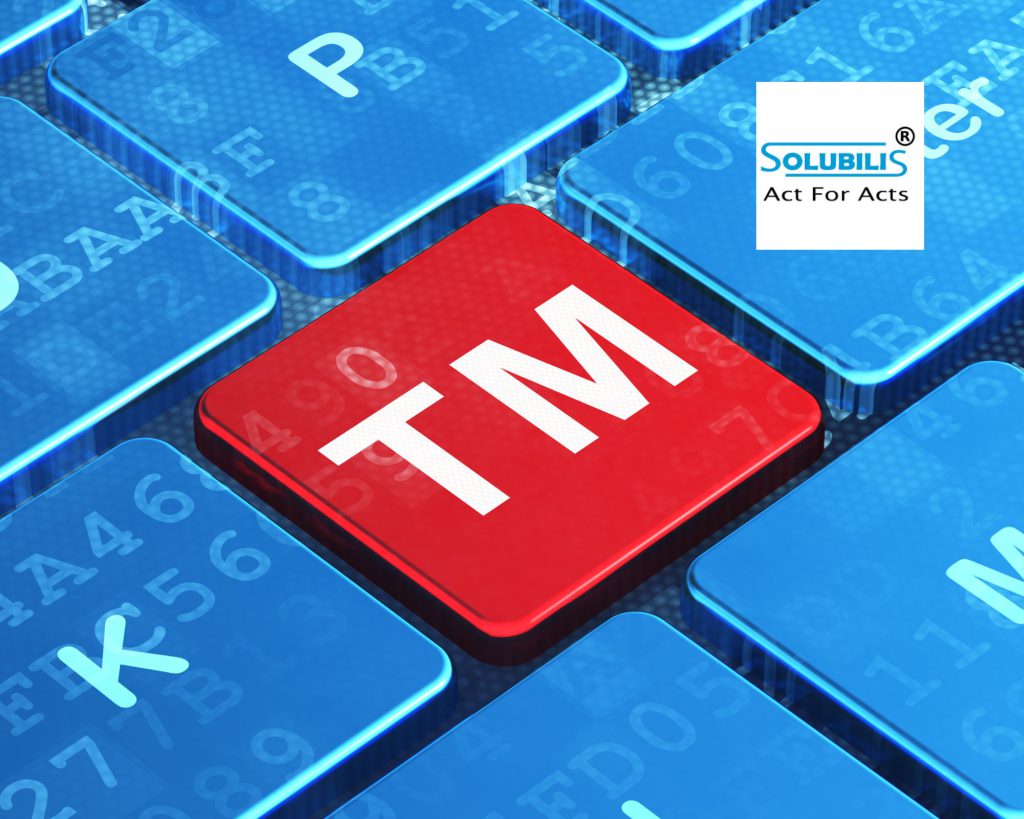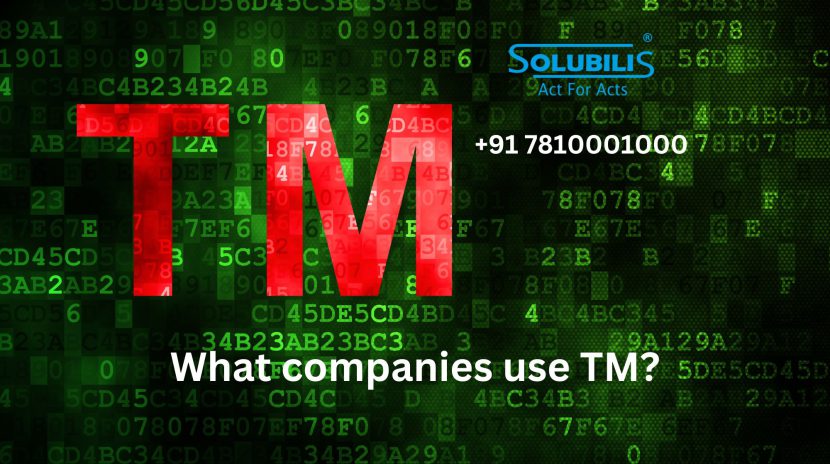In India, the use of the TM symbol is widespread among various companies and businesses. The TM symbol, represented as ™, is used to indicate that a particular word, logo, or slogan is being claimed as a trademark, even if it is not yet registered with the appropriate authorities.
While the use of the TM symbol does not confer legal protection like a registered trademark, it serves as a notice to others that the mark is being used as a trademark and that the owner asserts certain rights over it.
Numerous companies in India, across various industries, utilize the TM symbol to protect their brand identities and create awareness of their trademarks.
Here are a few examples:
Tata Group:
The Tata Group, one of India’s largest conglomerates, employs the TM symbol extensively across its diverse businesses, including Tata Motors, Tata Steel, Tata Consultancy Services (TCS), and Tata Power. The TM symbol can be found on their product packaging, websites, advertisements, and other marketing collateral.
Reliance Industries Limited:
Reliance Industries Limited, a prominent conglomerate with interests in sectors such as energy, petrochemicals, textiles, and telecommunications, uses the TM symbol for its brand names like Jio, Reliance Retail, and Reliance Petroleum. The symbol is prominently displayed on their products, websites, and promotional materials.
Hindustan Unilever Limited:
Hindustan Unilever Limited (HUL), a subsidiary of the multinational company Unilever, employs the TM symbol for its well-known brands such as Lux, Surf Excel, Dove, and Fair & Lovely. These brands prominently display the TM symbol on their packaging and marketing materials to indicate their trademark status.
Infosys:
Infosys, a renowned Indian multinational information technology company, employs the TM symbol for its brand name and logo. The symbol can be seen on their website, official documents, and promotional materials to signify their claim over the trademark.
Maruti Suzuki:
Maruti Suzuki, a prominent automobile manufacturer in India, uses the TM symbol for its brand name and logo. The symbol is prominently displayed on their vehicles, marketing materials, and digital platforms to indicate their trademark status.
Amul:
Amul, a well-known dairy cooperative in India, uses the TM symbol for its brand name and logo. The symbol can be seen on Amul’s dairy products, advertisements, and other marketing channels.
These are just a few examples of the numerous companies in India that utilize the TM symbol to protect and assert their trademark rights. The use of the TM symbol demonstrates their intent to claim ownership over their brand names, logos, and slogans, even if they are not yet registered trademarks.
It is important to note that while the TM symbol provides notice of a claimed trademark, it does not provide the same legal protection as a registered trademark.
To obtain stronger legal protection, companies often pursue the registration after trademark search in India of their trademarks with the appropriate authorities, such as the Trademarks Registry in India.
Registration grants exclusive rights to the trademark owner and enables them to take legal action against any unauthorized use or infringement.

What is a unique trademark?
A unique trademark refers to a distinctive and original mark that sets a brand apart from others in the marketplace. It is a trademark that possesses inherent distinctiveness, is memorable, and has the potential to create a strong association with the goods or services it represents.
A unique trademark is an essential asset for businesses as it helps establish brand recognition, build customer loyalty, and protect intellectual property rights. Let’s delve deeper into the concept of a unique trademark and its significance.
Distinctiveness:
Distinctiveness is a fundamental characteristic of a unique trademark. A unique trademark should be inherently different from common or generic terms used in the industry. It should stand out and avoid any likelihood of confusion with existing trademarks. The distinctiveness of a trademark can be categorized into four levels:
Generic, descriptive, suggestive, and arbitrary/fanciful.
Generic terms, which describe the product or service itself (e.g., “Computer” for computers), cannot be registered as trademarks.
Descriptive marks (e.g., “Soft and Comfy” for blankets) may be registered if they have acquired secondary meaning through extensive use and have become associated with a particular brand.
Suggestive marks (e.g., “Netflix” for online streaming) hint at the qualities or characteristics of the product or service, while arbitrary or fanciful marks (e.g., “Apple” for computers) have no inherent connection to the product or service.
Arbitrary or fanciful marks are considered the most unique and distinctive.
Memorability:
A unique trademark should be memorable to consumers. It should leave a lasting impression and be easily recalled when consumers encounter the product or service again. Memorable trademarks often possess characteristics such as simplicity, distinctiveness, and creativity.
They may include catchy words, unique spellings, or visual elements that make them stand out in the minds of consumers. For example, the Nike “swoosh” symbol is simple yet memorable, instantly recognizable, and associated with the brand’s values of athleticism and excellence.
Brand Recognition and Differentiation:
A unique trademark plays a crucial role in brand recognition and differentiation. In a crowded marketplace, a distinctive and unique trademark helps a brand stand out from competitors. It allows consumers to easily identify and distinguish a particular brand’s products or services from others.
A strong and unique trademark creates brand recall and association, helping to build brand loyalty and trust among consumers. When consumers encounter a unique trademark repeatedly in the marketplace, it reinforces the brand’s identity, values, and reputation.
Intellectual Property Protection:
A unique trademark is an important element of a company’s intellectual property portfolio. Trademark registration after trademark search in India provides legal protection and exclusive rights to the trademark owner. Registering a unique trademark with the appropriate authorities, such as the Trademarks Registry in India, offers various benefits.
It grants the trademark owner the exclusive right to use the mark in connection with the designated goods or services, preventing others from using a similar mark in a way that may cause confusion among consumers. Trademark registration also provides a legal basis for taking action against infringement, counterfeit products, or unauthorized use of the mark.
Conclusion
We Solubilis are involved in IPR registration services like Trademark, Patent, Copyright and Design registration services. Also we offer GST, IT, and other account related services.

